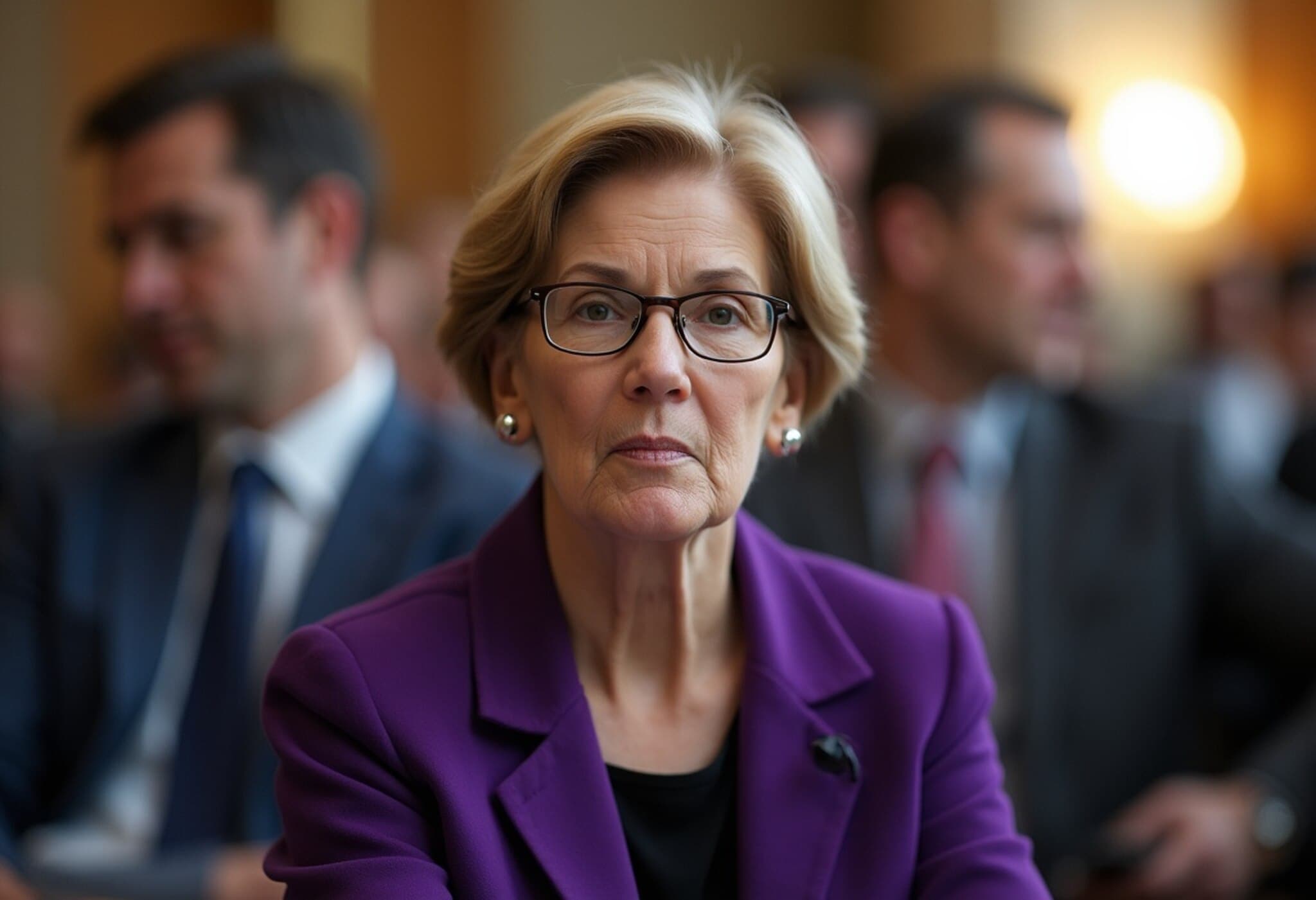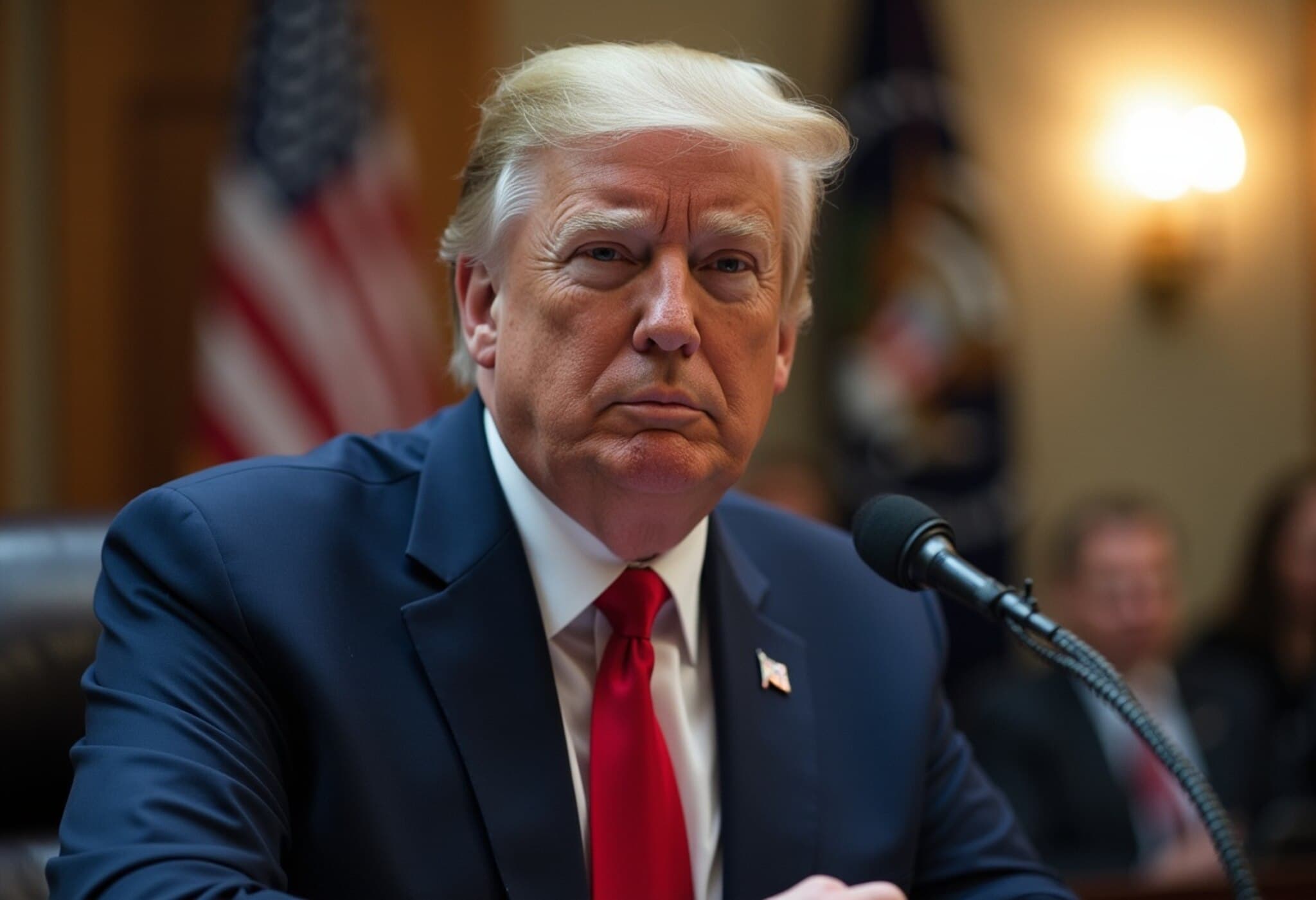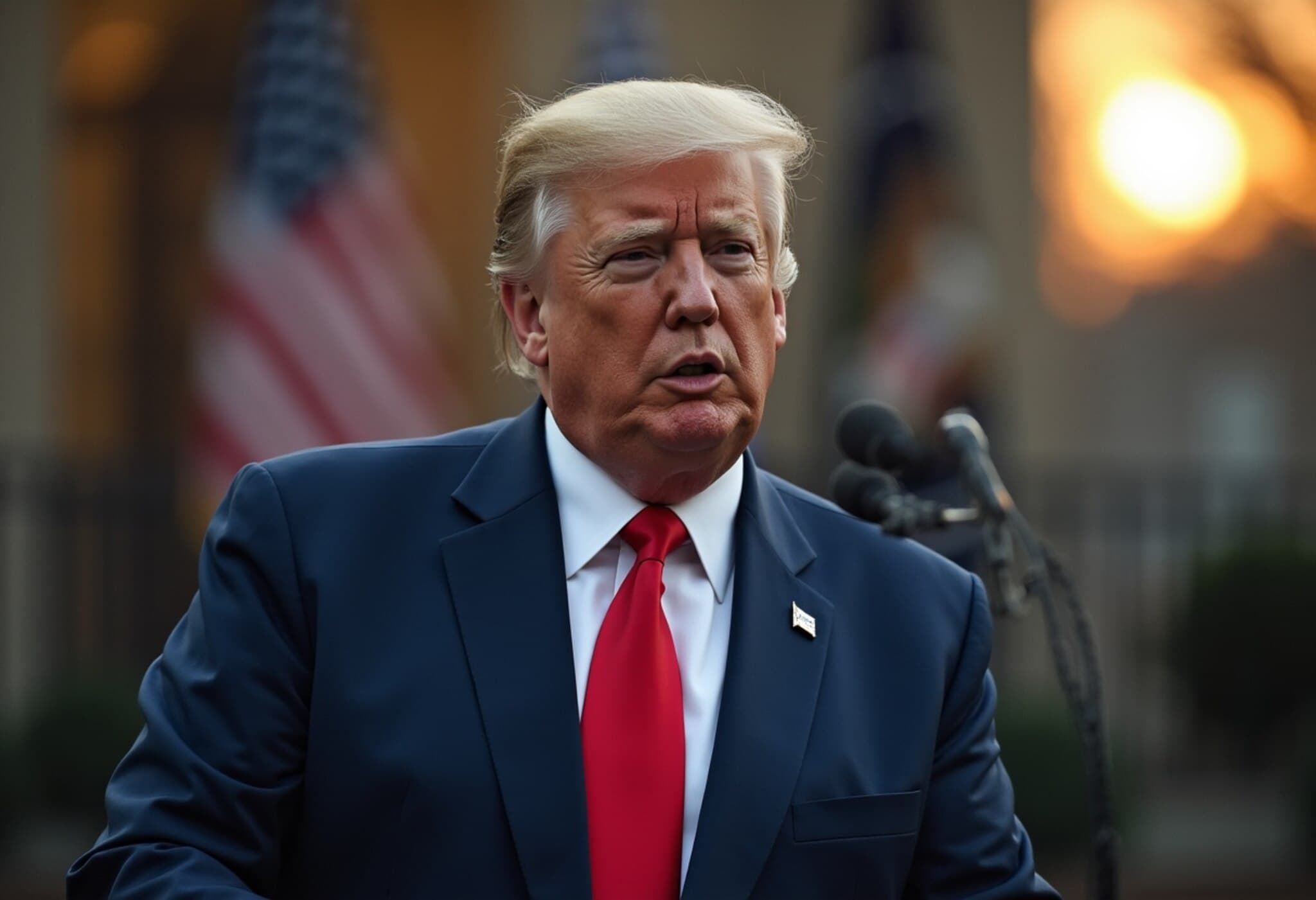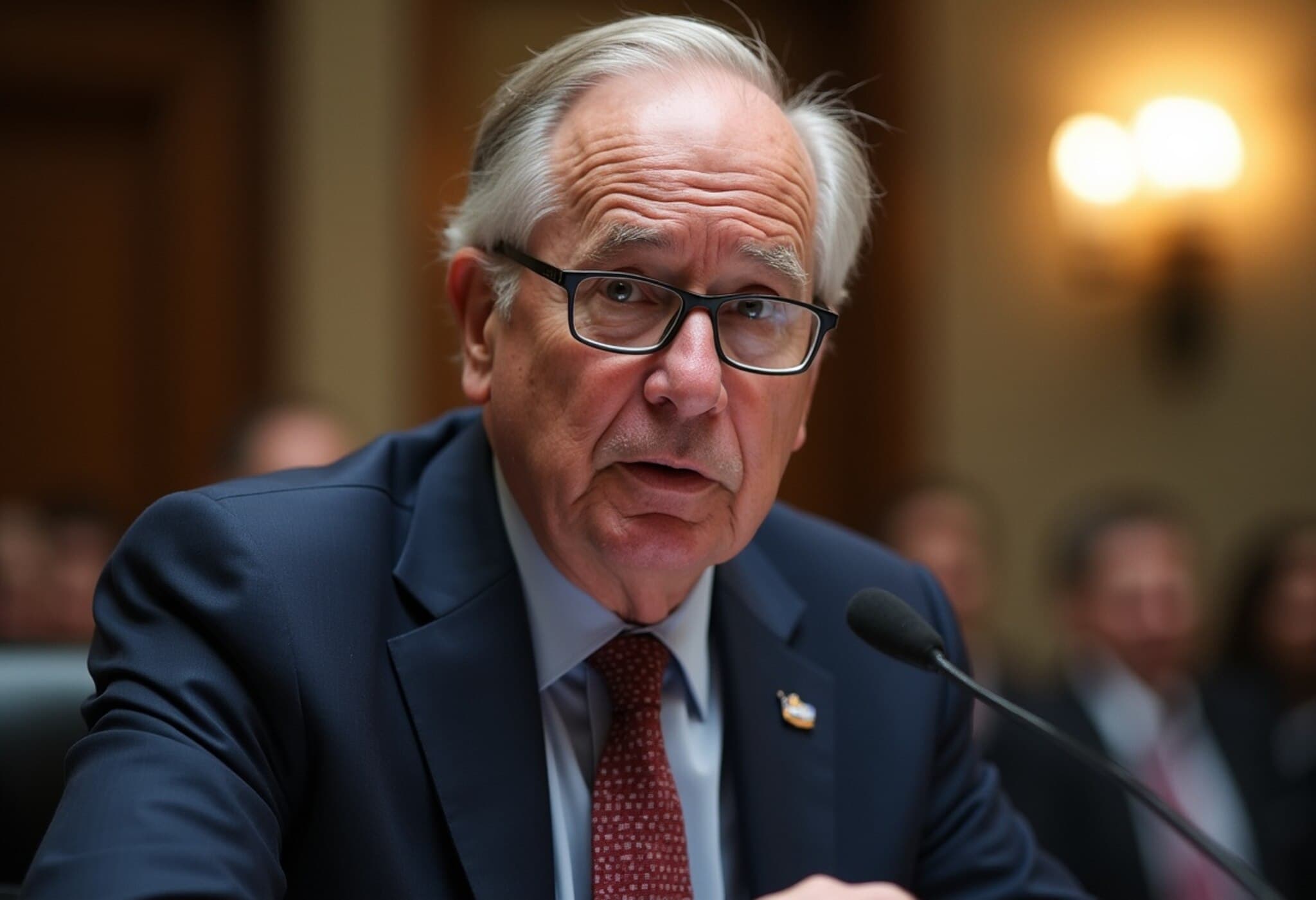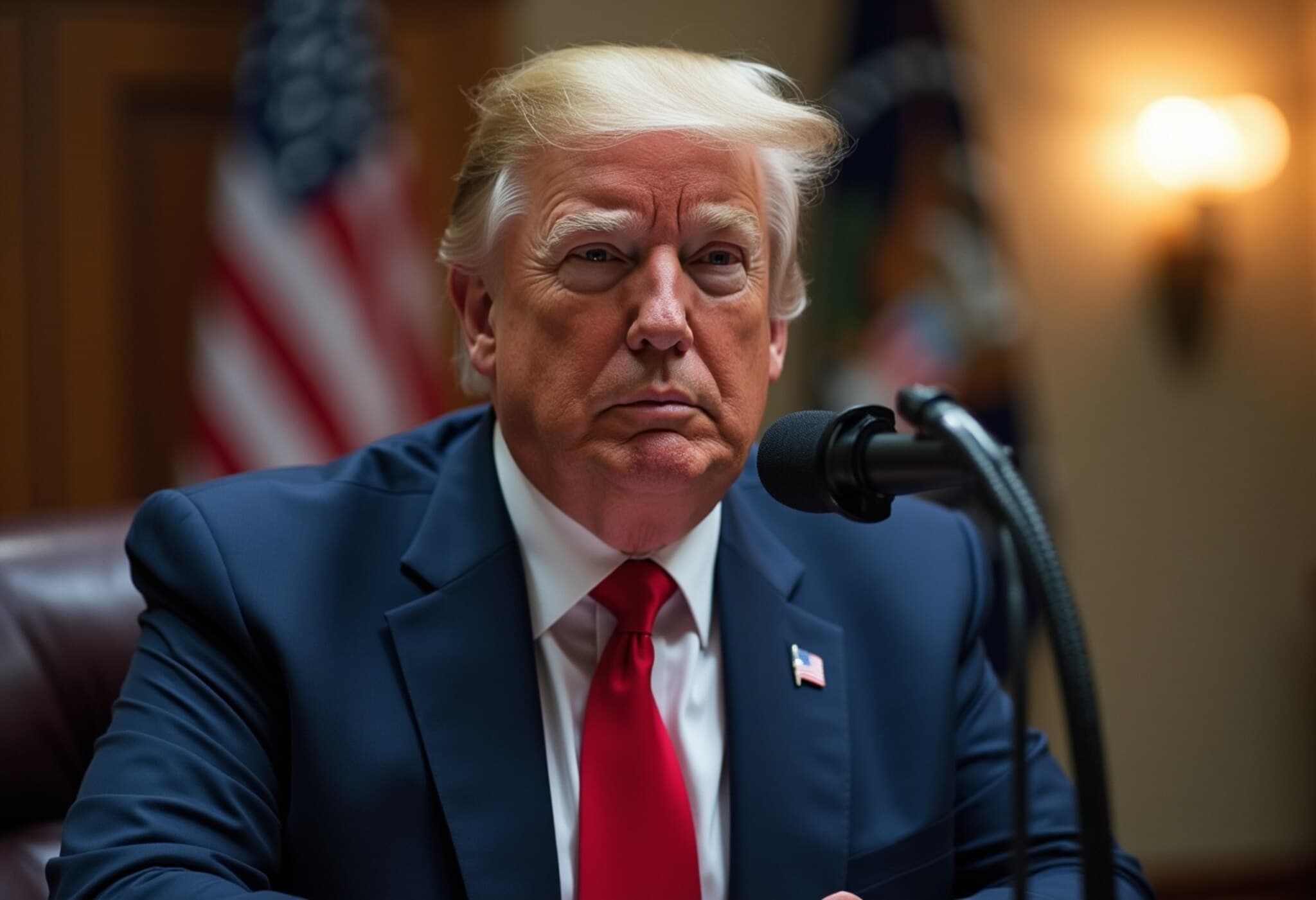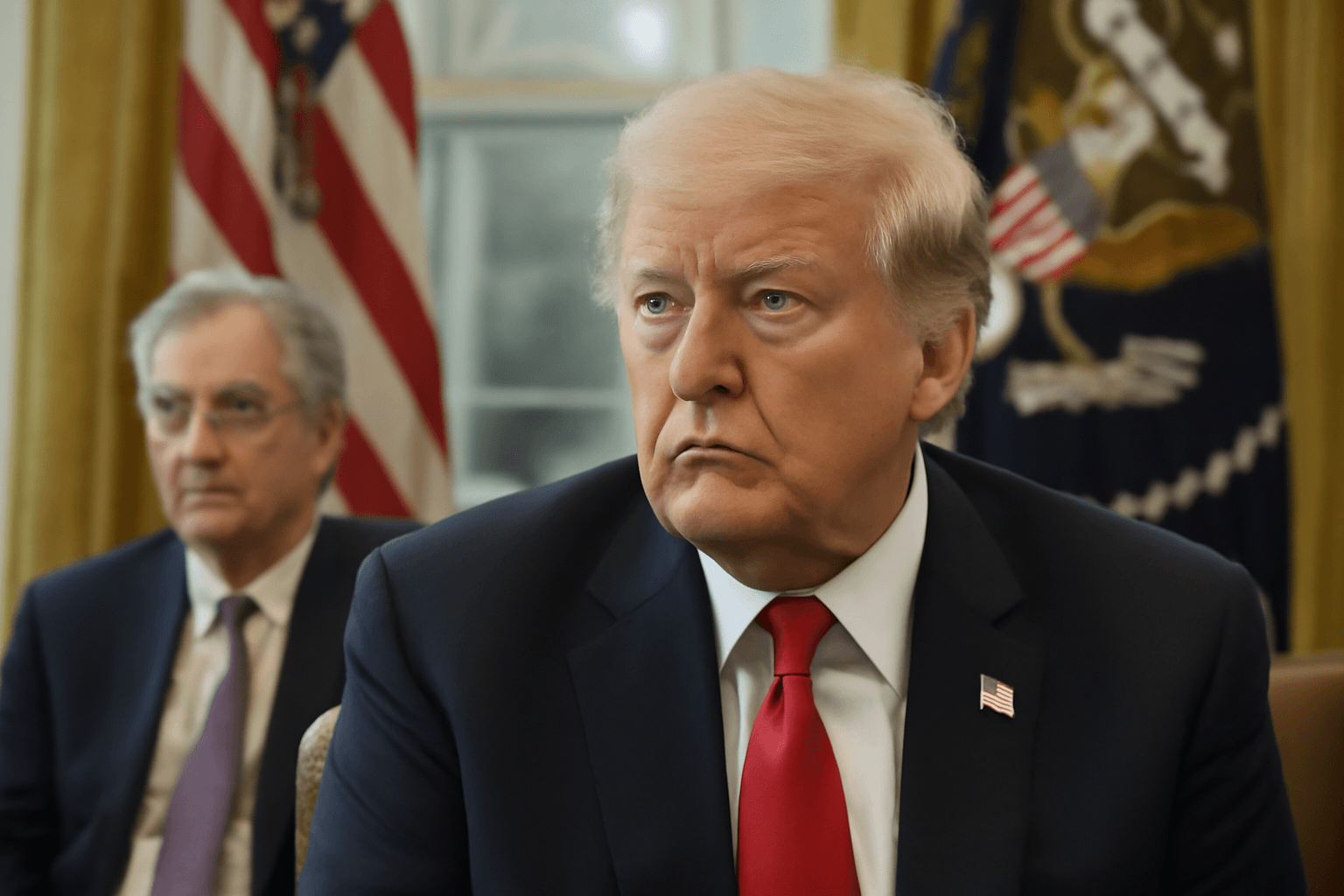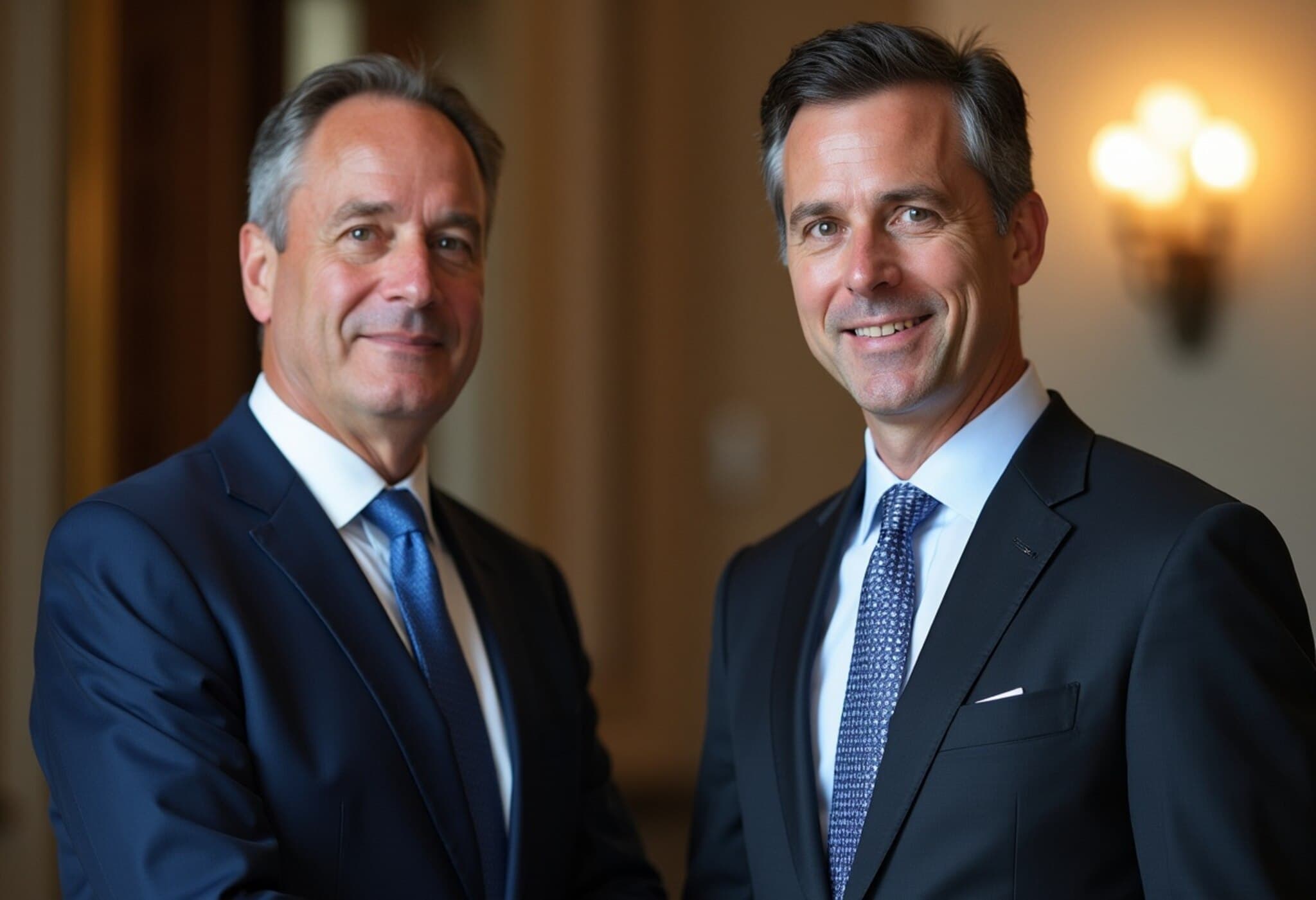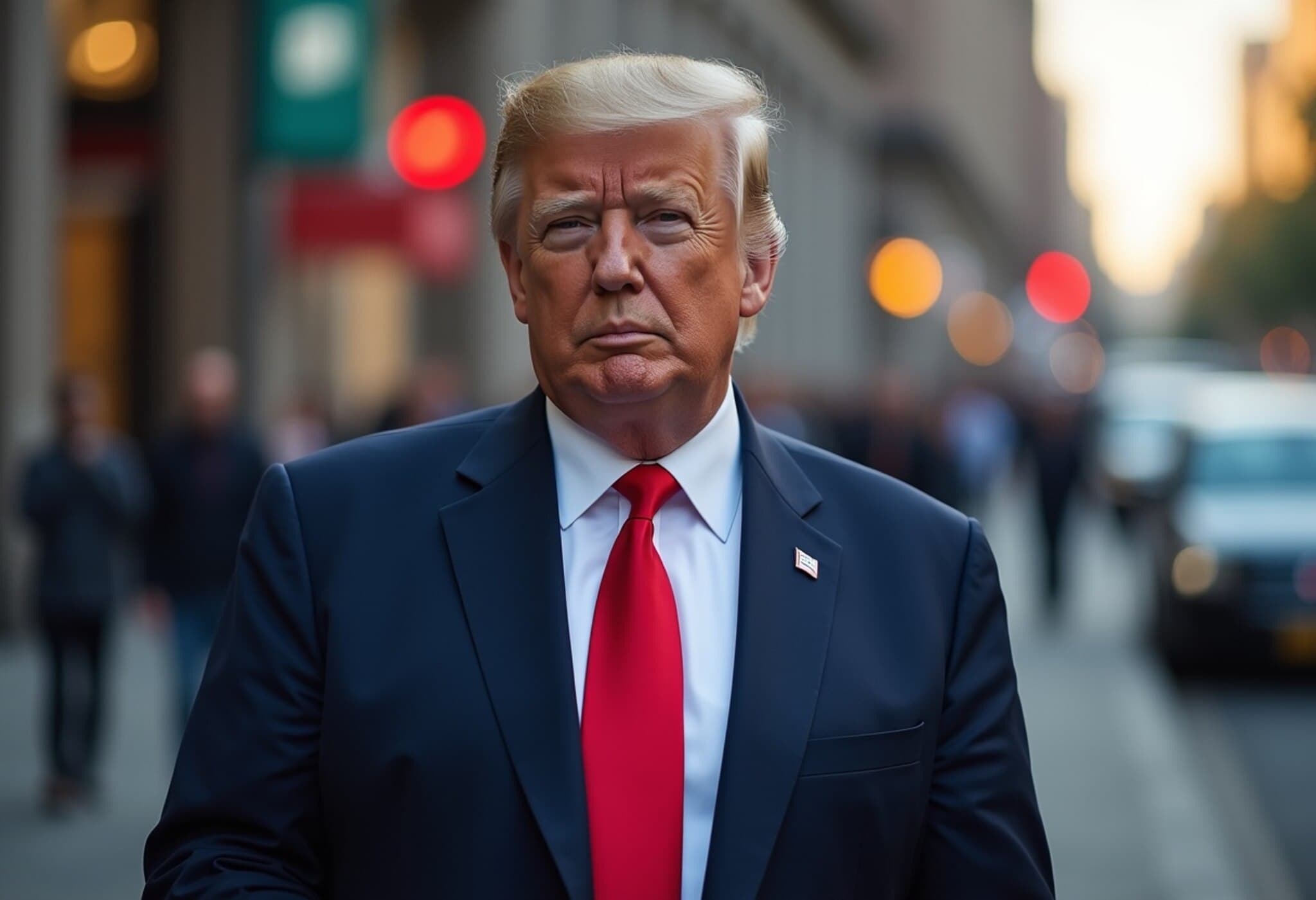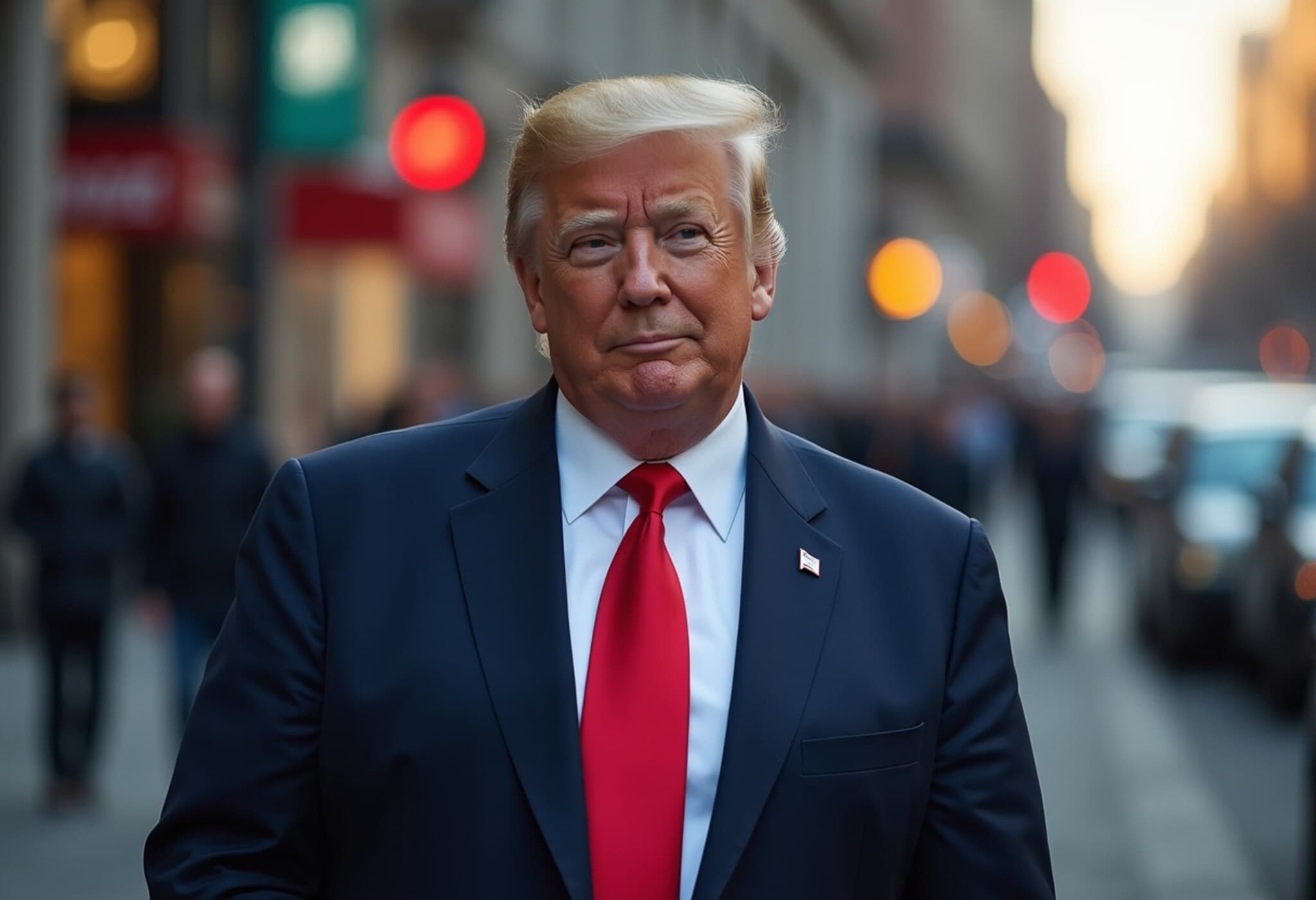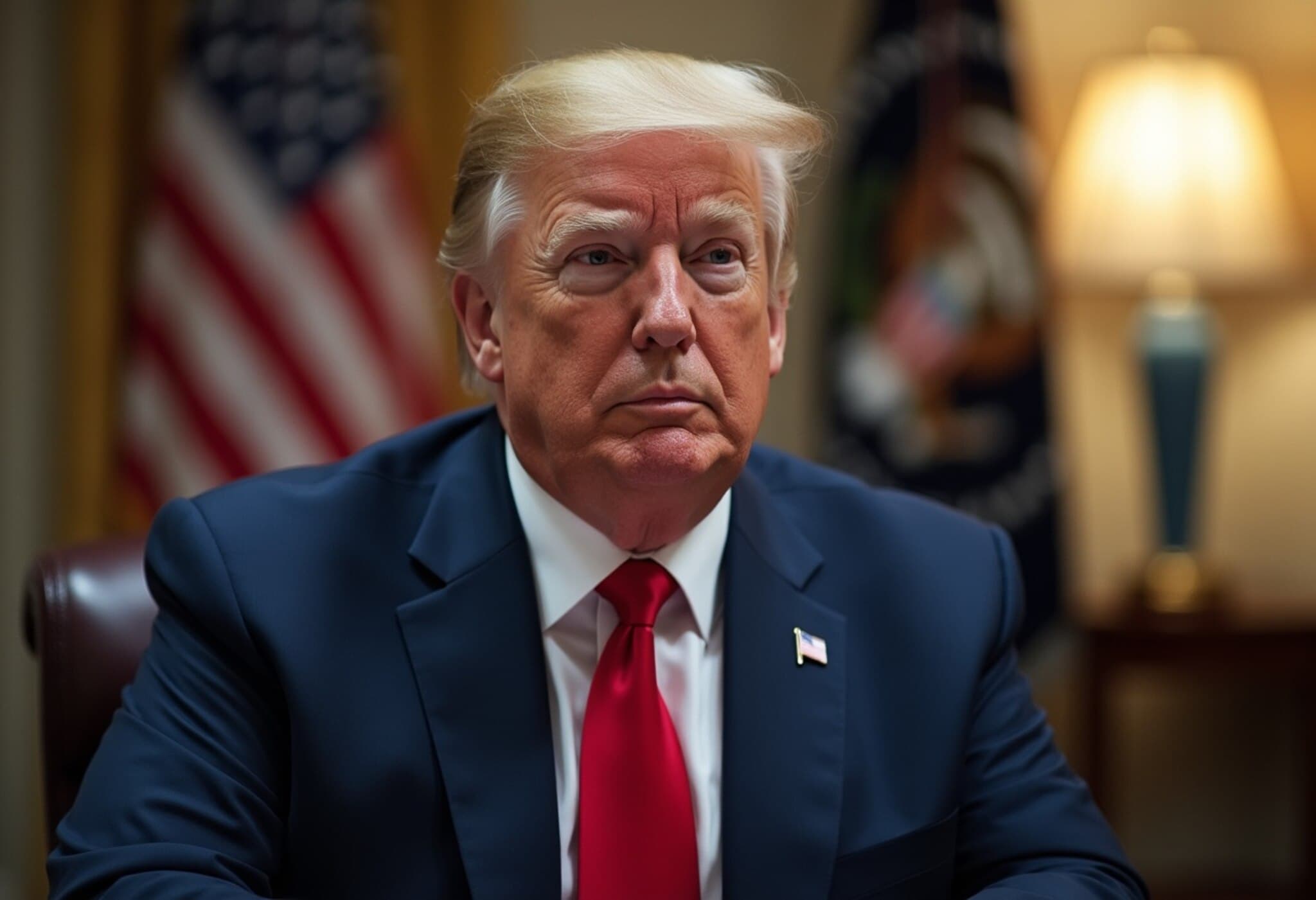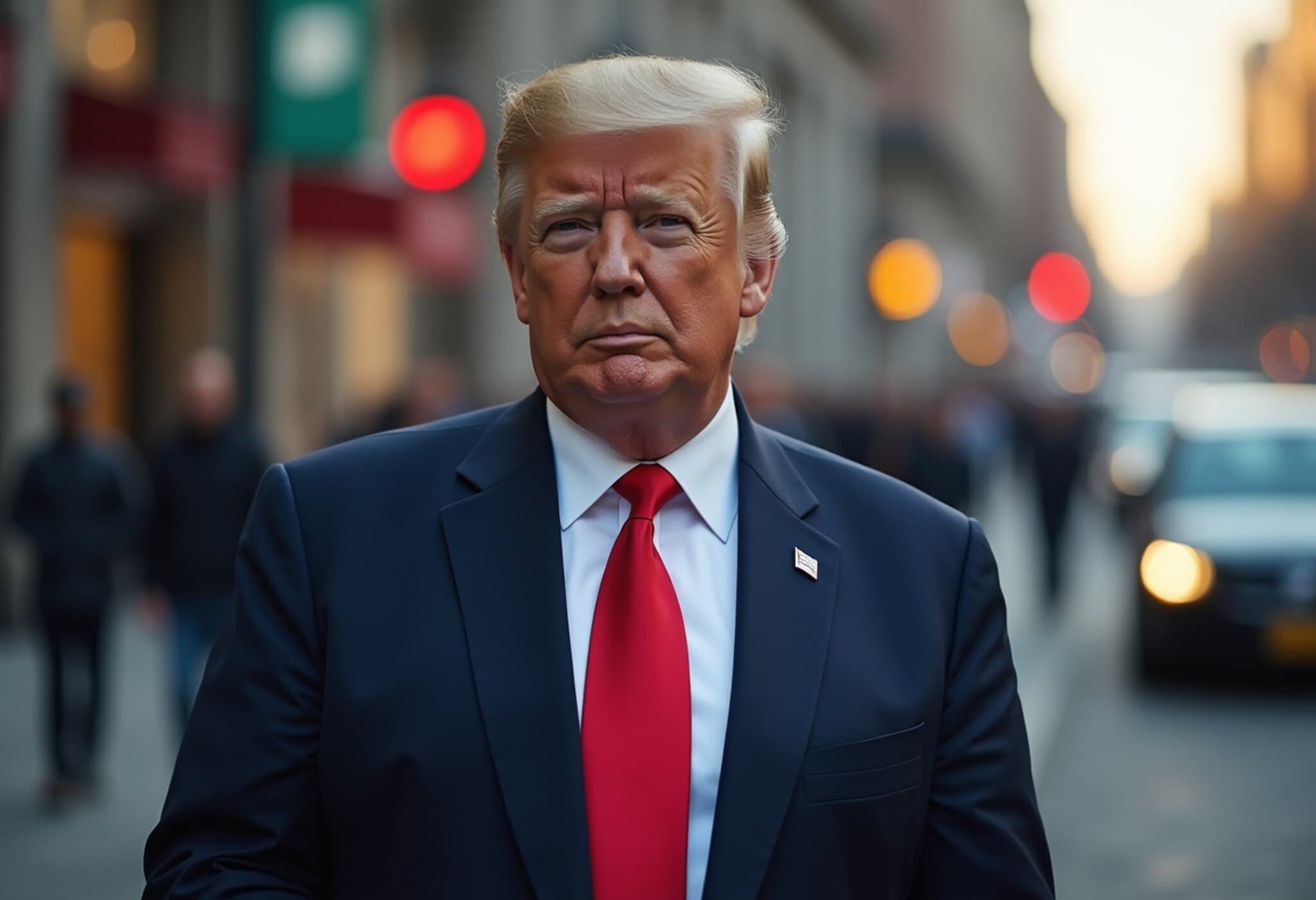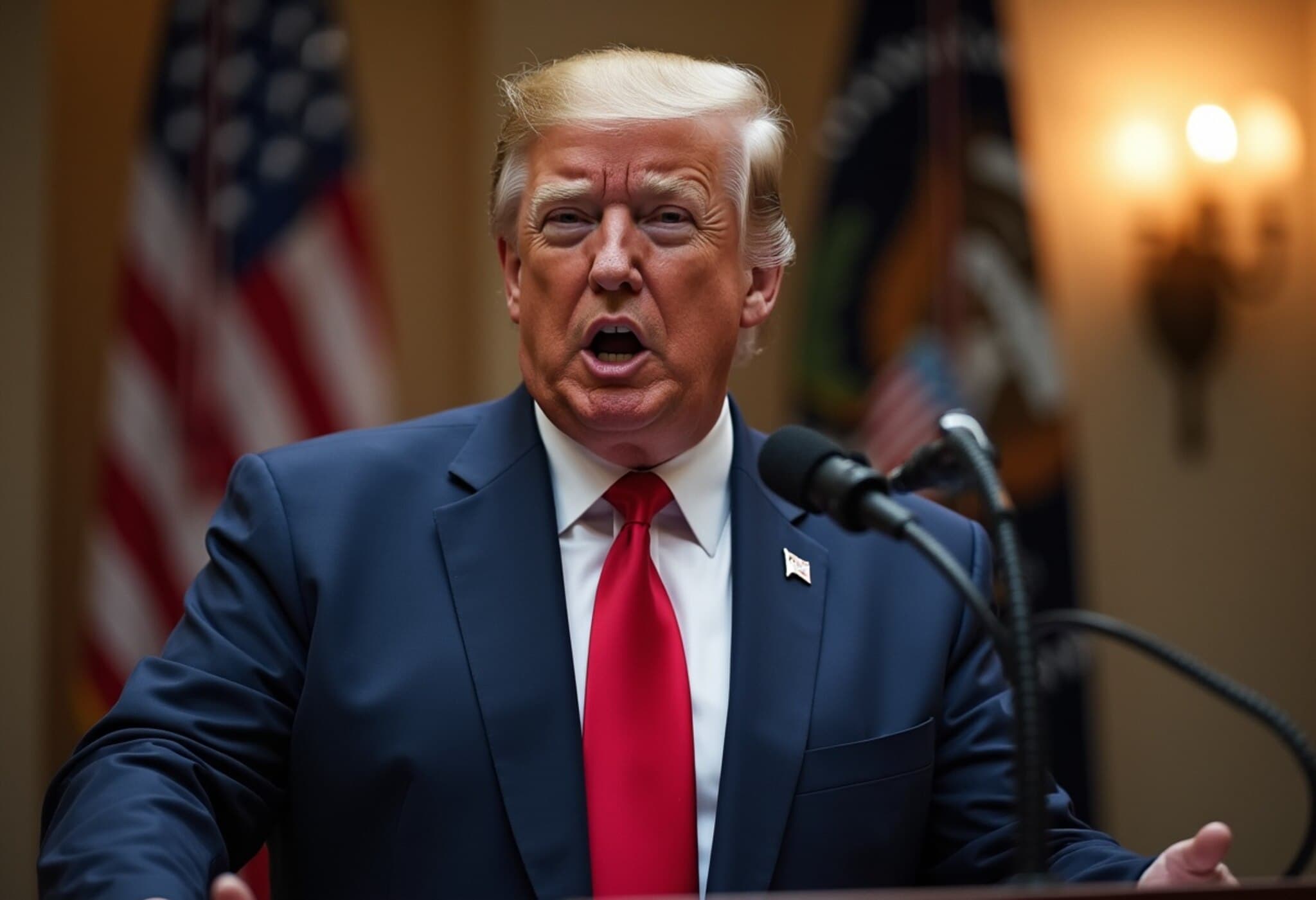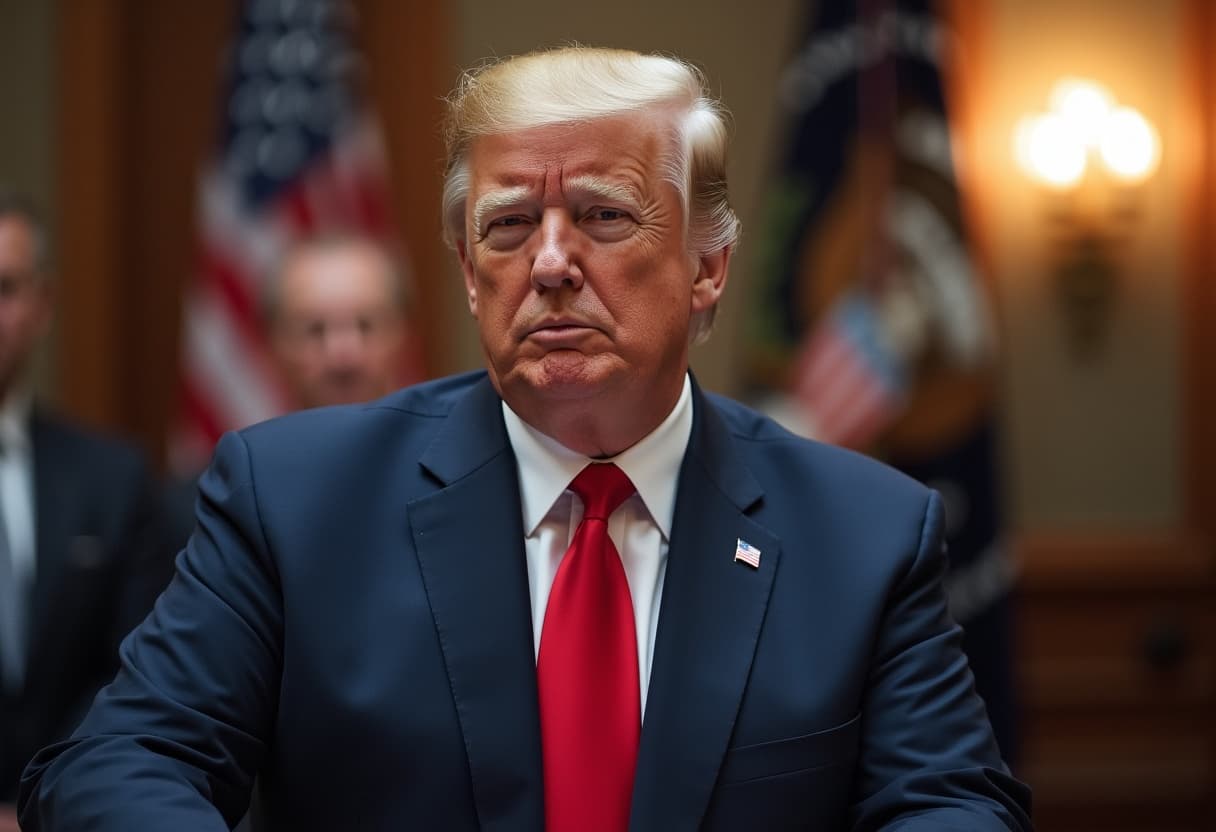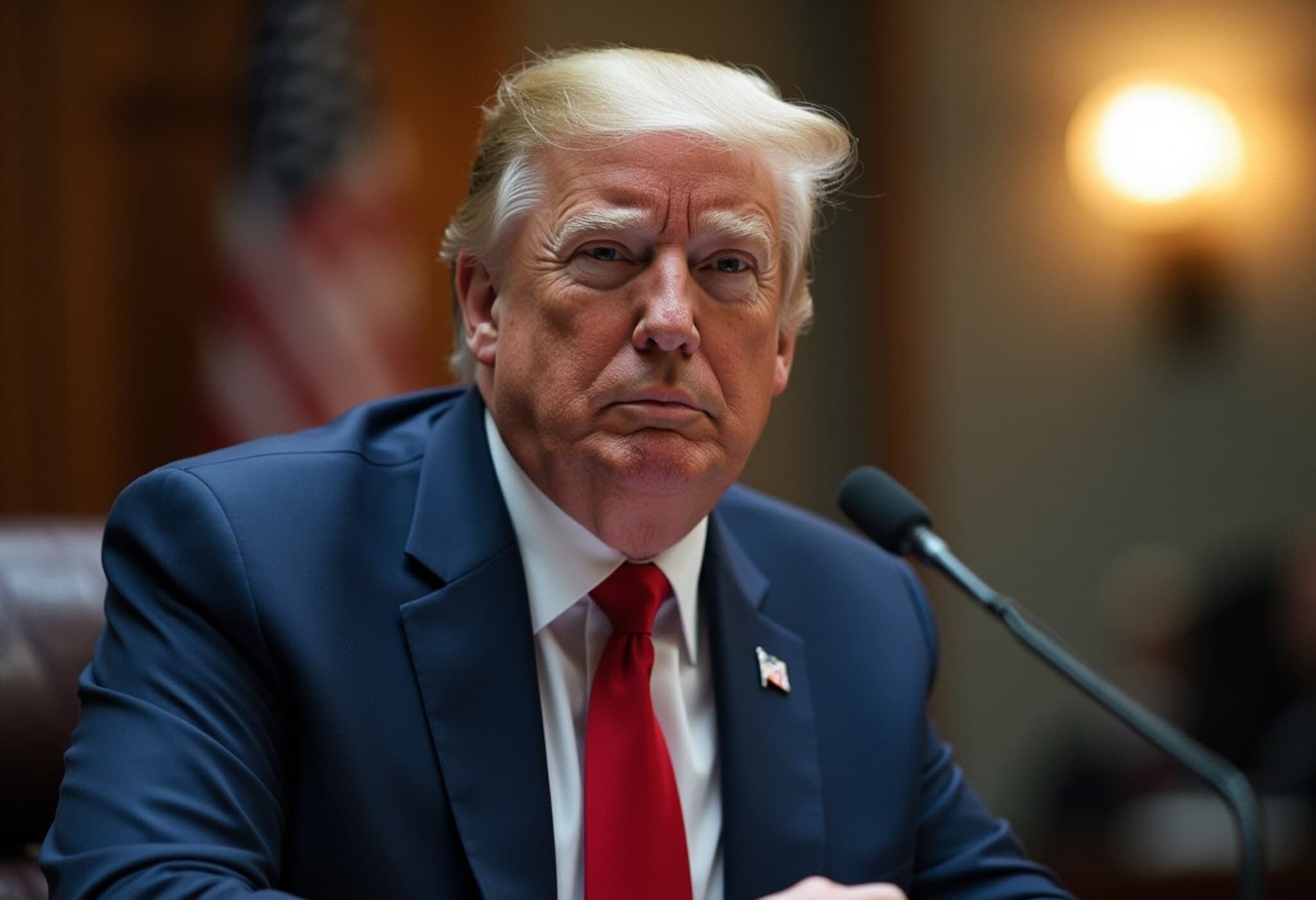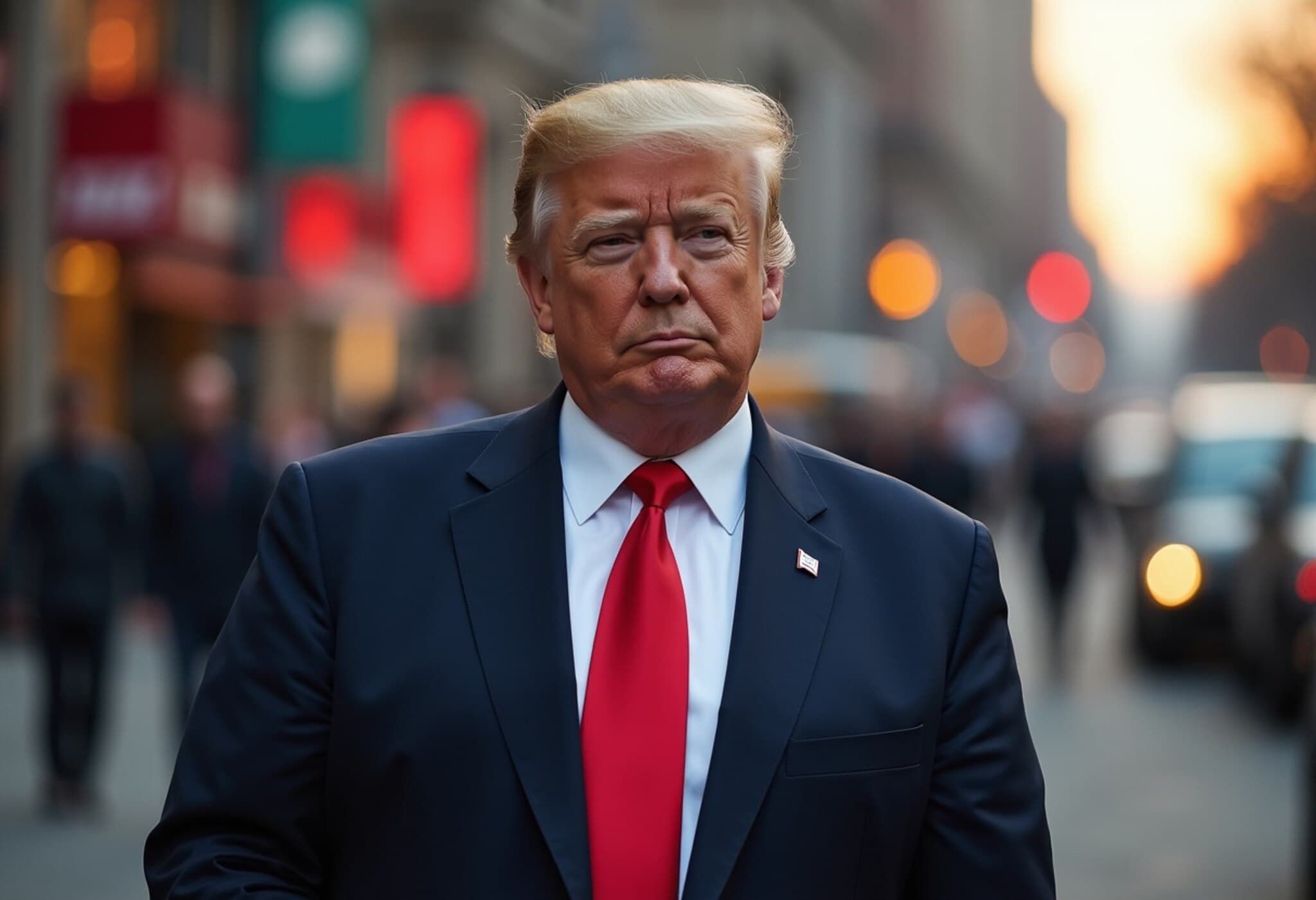Senator Elizabeth Warren Leads Charge Against Price Gouging Amid Inflation Surge
In response to growing concerns over sudden price hikes impacting American families, Senator Elizabeth Warren (D-Mass.) has introduced landmark legislation aimed at curbing price gouging by large corporations. The Price Gouging Bill of 2025, unveiled on July 17, empowers the Federal Trade Commission (FTC) and state attorneys general to take legal action against companies engaging in excessive and unjustified price increases.
The Tariff Factor: How Trade Policies Fuel Price Increases
Warren expressly links the resurgence of inflation—notably in consumer goods prices—to the ripple effects of former President Donald Trump's tariff policies. "Donald Trump's reckless tariff policies are giving companies cover to squeeze families and raise prices more than necessary," Warren stated. These tariffs have introduced new layers of cost into supply chains, providing a pretext for some corporations to raise prices beyond what is justified by actual costs.
This bill arrives just days after the June consumer price index (CPI) highlighted an uptick in inflation rates, fueling concerns that American households will feel continued financial pressure this summer.
Provisions of the Price Gouging Bill
- Empowered Enforcement: Grants the FTC and state attorneys general authority to investigate and litigate against price gouging in dominant market players.
- Transparency in Pricing: Requires companies with revenues exceeding $100 million to publicly disclose, in their Securities and Exchange Commission filings, any price increases surpassing the average price over the prior 120 days, alongside detailed cost and margin breakdowns.
- Protection for Small Businesses: Firms earning under $100 million can defend against price gouging claims if they demonstrate legitimate cost increases.
- Enhanced FTC Funding: Allocates an additional $1 billion to boost the FTC’s capacity to enforce these regulations effectively.
Political and Industry Context
This is not Senator Warren's first attempt to tackle price gouging. A similar bill introduced in early 2024, co-sponsored with former Senator Bob Casey (D-Pa.), did not pass Congress. Notably, Casey lost his Senate seat to Republican David McCormick in the 2024 election, reflecting the shifting political landscape.
Senator Tammy Baldwin (D-Wis.), a co-sponsor, voiced frustration at corporate profiteering amid economic strain, emphasizing that "the biggest corporations in our country jack up the cost of everyday household items, take in record profits, and give their executives huge bonuses—on the backs of hard-working families." She criticized Trump's tariff measures for exacerbating the problem.
Economic Insights: The Cost of Tariffs and Who Pays
Industry leaders and economists acknowledge that tariffs increase production costs, which businesses often pass down to consumers. However, some firms absorb part of these costs to remain competitive. Nevertheless, experts, including Federal Reserve Chair Jay Powell, predict inflationary pressure will intensify, as tariffs add complexity and cost to supply chains."Everyone that I know is forecasting a meaningful increase in inflation in coming months from tariffs," Powell remarked, highlighting that consumers ultimately bear the cost burden.
Voices Advocating for Fair Pricing
Representative Chris Deluzio (D-Pa.) condemned what he terms "out-of-control corporate power" as a driver of persistently high prices. Labor organizations such as the AFL-CIO and United Steelworkers have backed the price gouging bill, calling it a long-overdue measure to protect working families.
Yet price gouging laws have faced criticism across the political spectrum. During Kamala Harris's presidential campaign, some economic advisors cautioned that broad bans on grocery store price gouging could lead to unintended economic consequences. Warren, however, distinguishes these laws from price controls, underscoring that their purpose is to prevent markets from "going off the rails" during crises, not to impose sweeping price caps.
Tracking Corporate Behavior: The Push for Pricing Transparency
Warren and fellow lawmakers previously questioned major grocers like Kroger about pricing tactics, including concerns that new technologies such as electronic shelf labels could facilitate subtle price hikes on high-demand items. In a notable 2024 case, Warren and Senator Adam Schiff urged investigations into alleged price gouging and mislabeling practices by Albertsons and its subsidiaries, leading to a $4 million settlement in California.
A Broad Coalition of Support
The new bill boasts a diverse group of co-sponsors:
- Senate: Richard Blumenthal (D-Conn.), John Fetterman (D-Pa.), Andy Kim (D-N.J.), Ed Markey (D-Mass.), Jeff Merkley (D-Ore.), Bernie Sanders (I-Vt.), Elissa Slotkin (D-Mich.), Sheldon Whitehouse (D-R.I.)
- House: Angie Craig (D-Minn.), Maggie Goodlander (D-N.H.), Hank Johnson (D-Ga.), Ro Khanna (D-Calif.), Eleanor Holmes Norton (D-D.C.), Jerry Nadler (D-N.Y.), Mary Gay Scanlon (D-Pa.), Rashida Tlaib (D-Mich.), Paul Tonko (D-N.Y.)
Looking Ahead: The Intersection of Politics, Policy, and Price Stability
As price pressures continue to mount amidst a complex web of policy decisions, global trade dynamics, and corporate behavior, Warren’s legislation represents an assertive attempt to recalibrate fairness in the marketplace. It raises critical questions about how government oversight can effectively deter corporate abuses without stifling business innovation or economic growth.
This debate underscores the importance of transparency and accountability in sectors vital to consumers’ daily lives—whether it's groceries, household essentials, or manufactured goods affected by tariffs.
Editor's Note
Senator Elizabeth Warren’s renewed push to combat price gouging comes at a crucial juncture when many American families grapple with inflation amplified by shifting trade policies. This legislation not only highlights the intricate link between tariffs and consumer prices but also spotlights the role of corporate accountability in safeguarding economic fairness. Readers should watch how this bill navigates the political landscape, its impact on market transparency, and whether it prompts robust enforcement against unjust price hikes in the months ahead.

